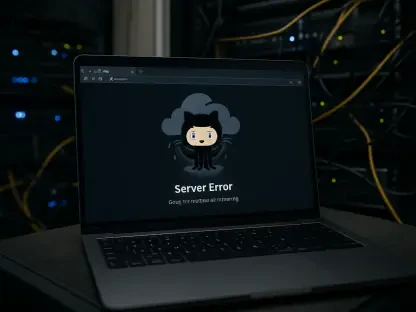In a startling revelation that has sent shockwaves through the financial sector, a major cyber-attack on Connex Credit Union, one of Connecticut’s largest credit unions, has compromised the personal and financial data of 172,000 individuals. This incident, detected earlier this year, exposed a range of sensitive information, from names and Social Security numbers to account and debit card details. Such a breach not only underscores the vulnerabilities within financial institutions but also raises urgent questions about the safety of personal data in an increasingly digital world. With the potential for identity theft and fraud looming large, the scale of this attack serves as a grim reminder of the persistent cyber threats facing organizations that handle critical information. Connex Credit Union, managing over $1 billion in assets and serving more than 70,000 members across eight branches, now faces the daunting task of rebuilding trust while addressing the fallout from this significant security lapse.
Unpacking the Impact and Response
The breach at Connex Credit Union has left a profound impact, with sensitive data such as government-issued IDs and account numbers potentially accessed or downloaded by attackers. While there is no evidence of unauthorized account access or immediate financial losses, the risk of long-term harm through identity theft remains a pressing concern. In response, the credit union has offered 12 months of free credit monitoring and identity protection to affected individuals, while also urging members to remain vigilant for suspicious activity. Beyond this, Connex is working closely with law enforcement and cybersecurity experts to trace the origins of the attack and has implemented measures to strengthen its systems against future threats. A public advisory against scam calls and texts impersonating staff further highlights the need for caution, as fraudsters may exploit the situation. This incident reflects a broader trend of escalating cyber-attacks on financial institutions, emphasizing the critical importance of robust defenses and proactive strategies to safeguard data in an era of sophisticated digital threats.









